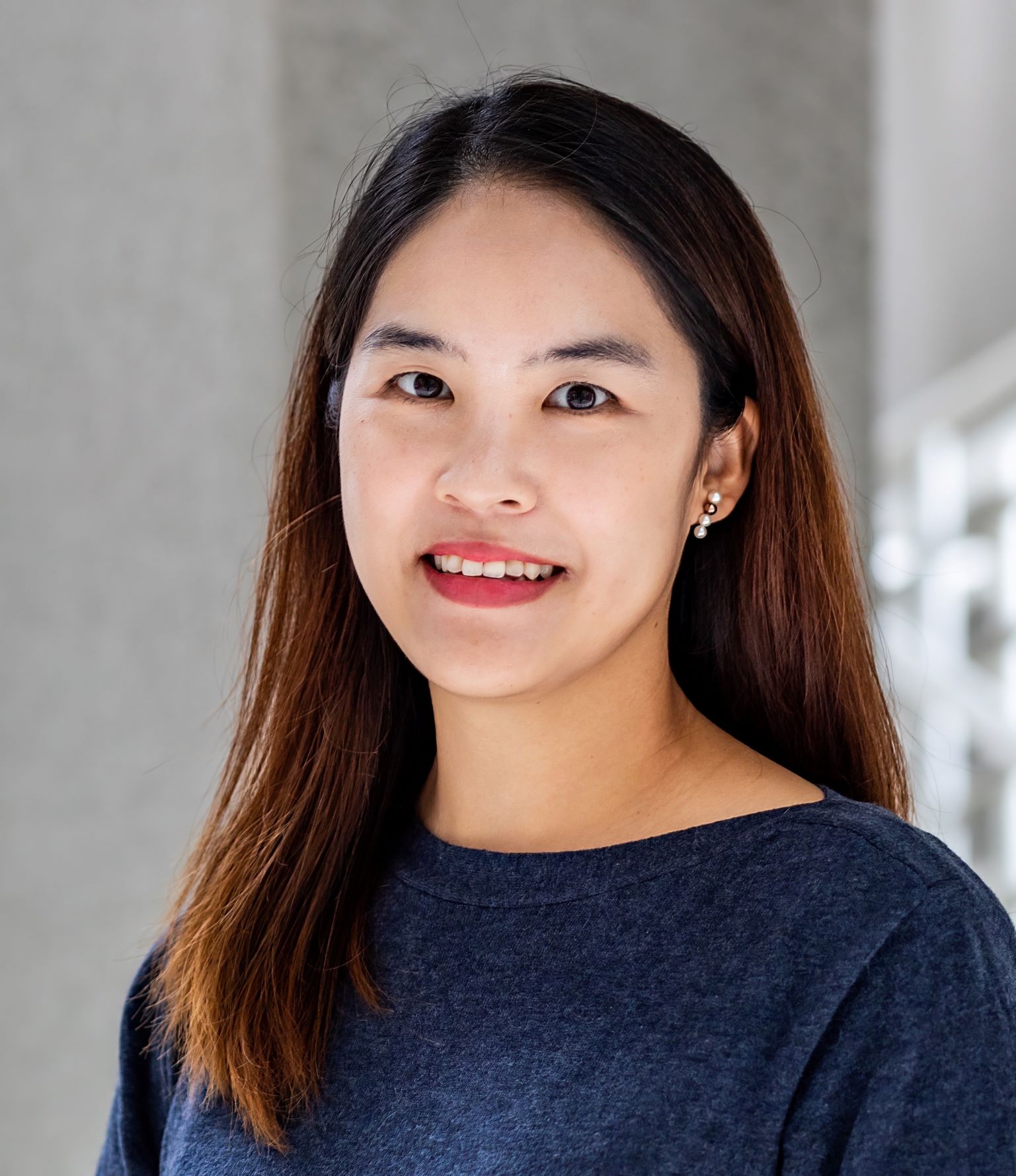This year, Inside IES Research is publishing a series of blogs showcasing a diverse group of IES-funded education researchers and fellows that are making significant contributions to education research, policy, and practice. In recognition of Asian American and Pacific Islander Heritage Month, in this interview blog we asked Dr. Jin Kyoung Hwang, an associate project scientist at the University of California, Irvine to discuss her career journey. Dr. Hwang’s current IES-funded study explores the language and literacy development of kindergarten through third grade English Learners.
 How did you become interested in a career in education research?
How did you become interested in a career in education research?
I have a BA in English literature and linguistics, and as an undergraduate, I took many linguistics and applied linguistics courses. Applied linguistics was eye-opening for me, as I started to see the practical uses of a seemingly theoretical subject. I was intrigued in searching for ways to bridge the gap between the theoretical and practical fields. This eventually led me to pursue a career in education research focusing on language and literacy development. My research primarily focuses on understanding the language and literacy development of school-aged students, including dual language learners who come from non-native-English-speaking homes, and the ways in which research-based interventions could improve their academic outcomes.
My research interests stemmed naturally from my personal experience living as a language minority student in a foreign country. When I was in fifth grade, I moved with my family to Ecuador knowing only Korean. Living in a foreign country where I did not speak the language (Spanish) was socially and culturally challenging—even more so because the language spoken in the academic setting (English) was also different. The seemingly different characteristics of the three languages—Korean, English, and Spanish—often troubled me because direct translations could not always transfer meaning. Through this experience, I learned how to speak different languages and how to adjust myself in different languages and cultures. Although challenging, this learning experience had a positive influence on me and ultimately shaped my career in education research. As such, I believe I am better able to relate with the participants in my research.
What has been the biggest challenge you have encountered, and how did you overcome the challenge?
Although I am now working as an education researcher in California, I spent most of my K-12 schooling years outside of the United States. Thus, when I first moved here as a graduate student, I was not familiar with the K-12 education system and the policies around it. The questions I initially had as a graduate student were relatively basic; it took time and effort for me to really understand how education systems work. While I’m still learning, I was fortunate to have supportive friends, mentors, and colleagues who helped me find the answers to my questions.
In your area of research, what do you see as the greatest research needs or recommendations to address diversity, equity, and inclusion and to improve the relevance of education research for diverse communities of students and families?
I think it is important to understand the diversity within the dual language learner population in the United States. Although it is easy to think of dual language learners or English language learners as a single group, this population is very heterogenous. They may differ on their first language, proficiency in their first language, proficiency in their second language (which is often English), exposure to their first and second language, schooling history, and so forth. Just like monolingual English-speaking students, dual language learners come to the classroom with various constellations of skills in their first language and second language. We need to acknowledge and understand the differences in their learning potential and think of ways to better provide personalized instruction.
It is also important to rethink how we can assess language and literacy skills. Many of the standardized assessments used in education research are designed and developed for monolingual students. When these assessments are used on dual language learners, we often see that they perform below the norm. Having more valid assessments that are grounded in dual language development are needed to equitably measure and evaluate dual language learners’ language and literacy abilities.
What advice would you give to emerging scholars from underrepresented, minoritized groups that are pursuing a career in education research?
I believe one of the factors that makes the field of education research so powerful is the diversity among the scholars. Each scholar brings a unique perspective and insight based on their personal experiences and histories. It is important for emerging scholars from underrepresented, minoritized groups to have a voice and communicate their perspectives and ideas in the field. It also is important to meet and work with colleagues and mentors who can embrace such diversity and support your perspectives. I was fortunate enough to meet supportive figures in my academic career who helped me further develop a research agenda around my research interests and personal experiences, and who also mentored me to broaden and enlighten my perspectives. This collaboration and mentorship made me who I am today, and I hope I can also provide such guidance to other scholars in this field.
Dr. Jin Kyoung Hwang is an associate project scientist at the University of California, Irvine’s School of Education. Dr. Hwang’s current research centers around (1) understanding the language and literacy development of school-aged learners (including dual language learners) and how research-based interventions/educational tools can help improve their literacy outcomes and (2) developing and refining test items to accurately assess their academic skills.
Produced by NCER program officer Wai Chow (Wai-Ying.Chow@ed.gov) and Virtual Student Federal Service intern Audrey Im.